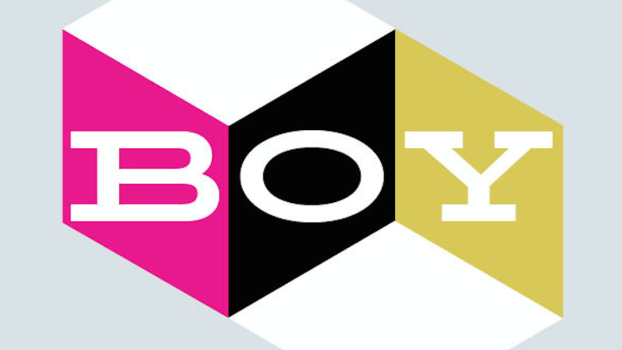Canadian business leaders are bracing themselves for a difficult year, as seen in a pair of recent surveys that find record numbers of them expecting economic growth to slow.
PwC’s 23rd annual survey of CEOs, unveiled at last week’s World Economic Forum, revealed that chief executives have “shifted from record optimism to record pessimism over the past two years.”
Overall, 53% of those surveyed expect to see economic growth decline in 2020 – the highest level of pessimism recorded since PwC first asked the question in 2012. In contrast, a decline was predicted by only 29% of business leaders in 2019 and just 5% of them in 2018.
The annual survey is based on more than 1,500 interviews with CEOs in 83 countries (46% of which led companies with revenues of $1 billion or more), conducted between September and October 2019.
Leaders’ pessimism was particularly high in North America, where 63% of CEOs predict lower global growth over the next 12 months – a greater proportion than in any other region of the world. While the same percentage of Canadian leaders (63%) expect a slowing-down of the economy, a greater number of them (14%) have a positive outlook than the 10% of North American leaders overall.
A second survey by Chartered Professional Accountants of Canada (CPA), which was unveiled last week, pointed to a similar view of the economy among business leaders.
The professional body surveyed 365 accountants holding a c-suite or leadership position between Dec. 6 and 20, 2019, finding that roughly 30% of them are pessimistic about Canada’s economy over the next 12 months (roughly the same percentage as the previous quarter). According to the CPA, Canadian CEOs are slightly less pessimistic this year than they were in January 2019, when 35% of respondents were wary about the economy (up from just 16% in Q4 of 2017). Twenty-six percent are optimistic, while 45% have neither negative or positive expectations of the economy.
PwC and CPA arrived at slightly different conclusions around what’s behind business leaders’ less-than-stellar economic outlook.
The CPA survey identified “uncertainty surrounding the Canadian economy” as the number one challenge to economic growth (cited by 19% of respondents), followed by protectionist trade sentiments in the U.S. (13%), a lack of skilled workers and the state of the U.S. economy (both at 10%).
Meanwhile, according to PwC, Canadian CEOs see over-regulation (42%), availability of key skills (41%), as well as trade conflicts (41%) as the top threats to economic growth. That’s in contrast to North American CEOs overall, who cited cyber threats (50%), policy uncertainty (42%) and trade conflicts (42%) as their top-three concerns, as well as to global business leaders, who listed over-regulation (36%), trade conflicts (35%) and “uncertain economic growth” (34%) as the biggest areas of concern.
One notable difference did emerge between the studies: whereas CPA found that industry leaders are generally more confident in the growth of their own organizations than that of the national economy – a finding it says is fairly consistent with past surveys – PwC found the opposite to be true. Around 50% of CPA respondents were optimistic (21% were pessimistic), while only 27% of PwC respondents said they were “very confident” in their organization’s growth over 12 months, down from 35% last year.
Ipsos has been anticipating economic headwinds since early last year. During the last quarter of 2018, for example, the Ipsos Disruption Barometer (IDB), part of its IpsosContext report, dropped into negative territory for the first time in nearly two years. The barometer includes both traditional consumer metrics and social and political metrics, such as how people feel about the country and their future, and can point to potential political and social disruption.
In an online post from early last year, Mike Colledge, president of Ipsos Public Affairs, explained that such a dip on the IDB signified that “while the Canadian economy was going strong and unemployment was reaching a 40-year record low, Canadians were not feeling the same level of optimism about their personal economic prospects or their quality of life.”
In short, the “rosy macro-economic metrics being reported early in 2019 were out of line with what Canadians said they were experiencing on the home front,” according to the most recent edition of the IpsosContext report. That said, Ipsos expects the lack of consumer optimism it first observed in 2018 and 2019 will continue through 2020. According to the research firm, the difference is that the “macro numbers may finally be catching up with what IDB first showed in late 2018.”























